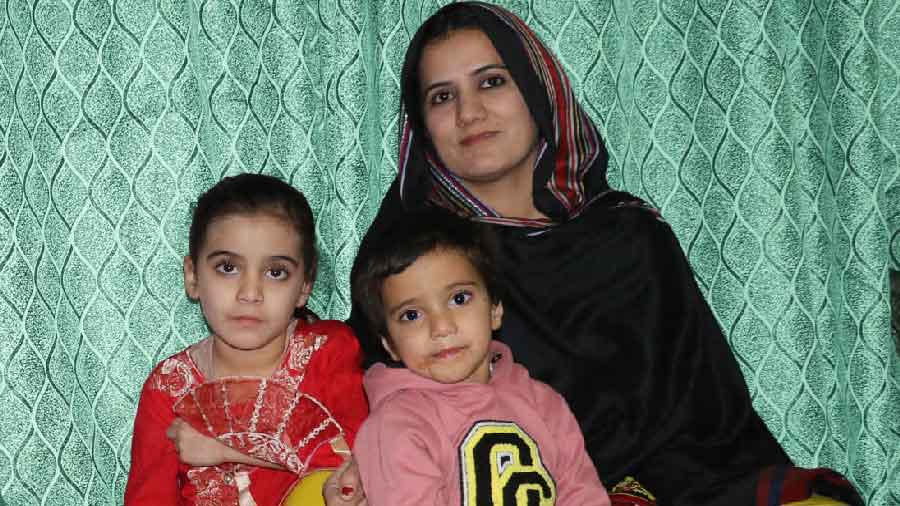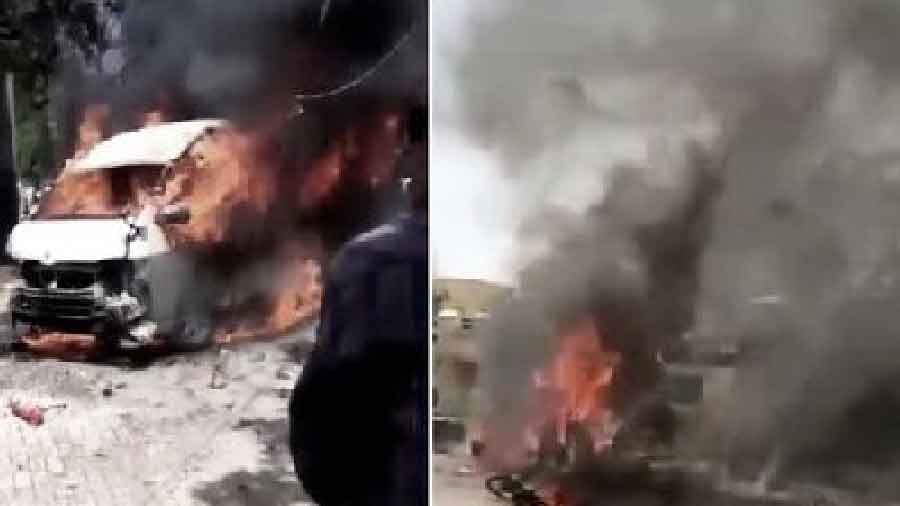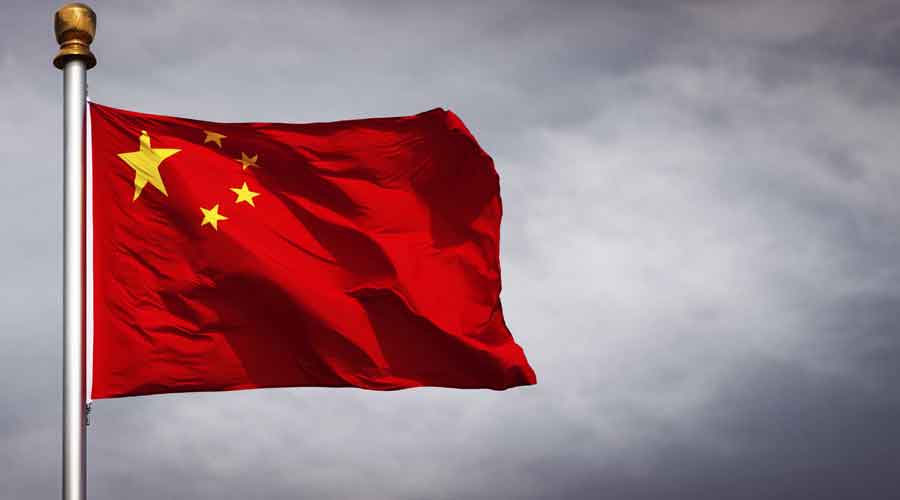The mother of two young children who carried out a daring suicide attack that killed three Chinese nationals at the Universtiy of Karachi was an academician, wife of a dentist and came from a well-established family in the restive Balochistan province, it emerged on Wednesday.
An explosion triggered by a burqa-clad Baloch woman suicide bomber ripped through a van of the Confucius Institute at the prestigious University of Karachi on Tuesday, leaving three Chinese teachers dead and one injured and causing several Pakistani casualties, in the latest targeted attack against Chinese citizens in Pakistan's financial capital.
The Express Tribune newspaper reported that the most surprising aspect of the sordid episode was that the bomber was an accomplished academician with a strong family background.
When Shari, aka Baramsh, posted a good-bye message on her Twitter handle 10 hours before the blast, no one was really aware of what she was going to do next.
It was Tuesday, April 26, when the nation found out that another three Chinese nationals had been targeted for their presence in Pakistan, the paper wrote. Those fuelling the insurgency in the restive Balochistan province are not unknown, but the background of the bomber in question merits some consideration, according to the paper.
It wasn't an overnight indoctrination or a sudden urge but by all possible means an act well-thought-out. Let's delve into the profile of the woman who took the lives of four human beings, beside her own in the deadly suicide attack.
Shari was a primary school teacher in her native Kech district in Balochistan. She completed her B.Ed in 2014 and M. Ed in 2018. She did her Master's in zoology from the University of Balochistan and MPhil from the Allama Iqbal Open University.
She left behind a daughter Mahrosh and a son Meer Hassan both the children are as old as five. Her husband is a dentist while her father served as a director in a government agency. Later, her father also served as a member of the district council for three years. Her brother-in-law is a lecturer.
The family is a well-established, highly educated and peaceful individuals. One of her uncles is an author, a former professor and human rights campaigner.
It may be difficult to know what exactly provoked her to join the Baloch armed struggle, but she remained a member of the Baloch Students Organisation (BSO-Azad) in her student life. Importantly, none of her family members is missing or subjected to enforced disappearance except a fifth cousin who got killed during a military operation in 2018 in Kech.
The tactics to employ a woman in suicide bombings have raised some questions: Is the Baloch insurgency redefining itself? Why use females now in such attacks and not before? Were these women brainwashed or coerced?
The answers to these questions remain unanswered to this date but what is certain is that those who cannot see the country prosper have fallen to a new low to use anyone or everyone to fulfil their nefarious designs, reported the paper.
A spokesperson of the Balochistan Liberation Army (BLA), the separatist outfit which is banned in Pakistan, the UK and the US, said that the attack was carried out by Shari Baloch alias Bramsh - the "first female suicide bomber of the brigade". The attack marks "a new chapter in the history of Baloch resistance," he added.
In a purported video issued by the group, a BLA spokesman said that the motive of the attack was very clear. "It was a simple and clear message to China and Pakistan to withdraw immediately from Balochistan," said the masked spokesman surrounded by armed men on a hilly terrain.
"Baloch Liberation Army guarantees you the CPEC will fail miserably on Baloch land," the spokesman, who was holding an assault rifle, said in fluent English. He warned that a special unit has been formed particularly to attack Chinese officials and installations in Balochistan.
The group opposes Chinese investment in Pakistan, especially in the restive Balochistan, saying local people do not benefit. Balochistan, bordering Iran and Afghanistan, is home to a long-running violent insurgency. Baloch insurgent groups have previously carried out several attacks targeting the USD 60 billion China-Pakistan Economic Corridor (CPEC) projects.













